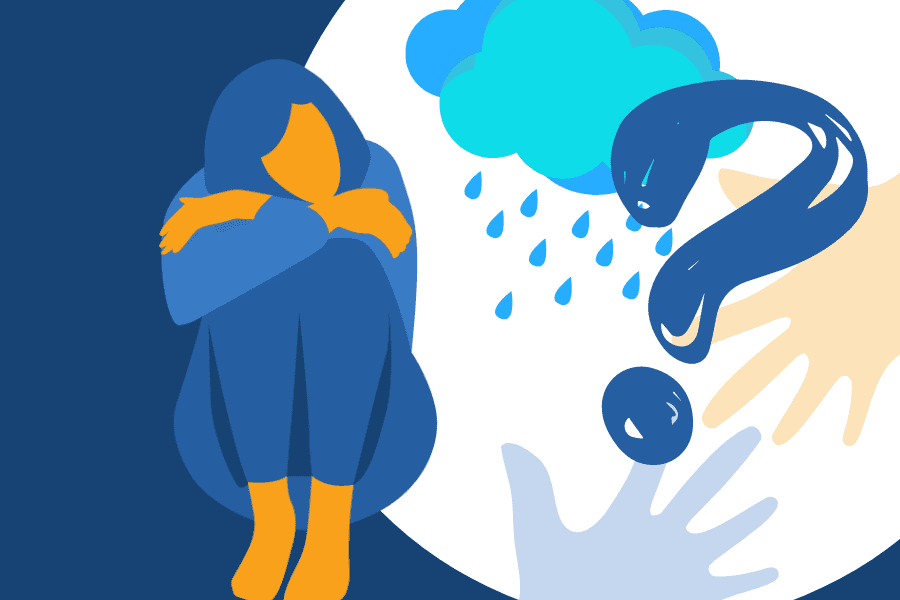A Quick Depression Test can be a helpful first step for anyone feeling persistent sadness, stress, or loss of motivation. These tests allow individuals to reflect on their emotions and identify potential concerns. While a Clinical Depression Test or a Depression Test for Teens may provide more structured insights, it’s important to note that no online test can replace professional evaluation. These tools are meant to raise awareness and encourage seeking help when needed.
For more guidance on mental health and coping strategies, see: Mental Health and Stress Management: A Practical Guide to Finding Balance.

What Is a Quick Depression Test?
A Quick Depression Test is a self-assessment tool that asks questions about mood, energy levels, sleep, and concentration. It is shorter than a clinical evaluation and focuses on identifying basic emotional patterns. Teens can use a version tailored to their age group, while adults can select general or clinical online tests.
These tests can be combined with a Depression and Anxiety Test to provide a broader perspective on mental health, helping users better understand overlapping symptoms.
Common Symptoms and Signs of Depression
Depression often manifests through:
-
Persistent sadness or low mood
-
Loss of interest in previously enjoyable activities
-
Fatigue or lack of energy
-
Changes in appetite or sleep patterns
-
Difficulty concentrating or making decisions
Anxiety frequently occurs alongside depression. This is why a Depression and Anxiety Test can be particularly useful for those wanting a more comprehensive self-assessment.
Limitations of Online Depression Tests
While a Quick Depression Test provides helpful insights, it cannot diagnose depression. Online assessments are designed for self-reflection and awareness, not as a substitute for professional advice. They should never be used as the sole basis for treatment decisions.
It’s essential to consult a licensed mental health professional if test results indicate prolonged low mood or concerning symptoms.
When to Seek Professional Help
Seek professional assistance if:
-
Low mood, stress, or lack of motivation lasts longer than two weeks
-
Daily functioning is affected
-
Thoughts of self-harm or hopelessness occur
Early intervention can significantly improve mental health outcomes. A professional can provide a proper evaluation, therapy, or treatment plan.
Frequently Asked Questions (FAQ)
Q: Can an online depression test diagnose me?
A: No. These tests are self-assessment tools for reflection and awareness, not clinical diagnoses.
Q: Are depression tests accurate?
A: Online tests may highlight potential symptoms, but they are not 100% reliable. Only a healthcare professional can confirm a diagnosis.
Q: Should teens take depression tests?
A: Yes. A Depression Test for Teens helps young people recognize their emotions and decide if they should speak with a trusted adult or healthcare provider.
Q: How often should I take a quick depression test?
A: You can use these tests periodically, especially during periods of stress or emotional change, to monitor your mood trends.
Conclusion
A Quick Depression Test is a convenient tool to gain insight into your emotional well-being. While it cannot replace professional evaluation, it can help you identify patterns and encourage early intervention. Combining self-assessment with professional guidance ensures a proactive approach to mental health.
For reliable resources and further reading, check out: Anxiety Test: Quick Self-Assessment for Your Mental Health.

